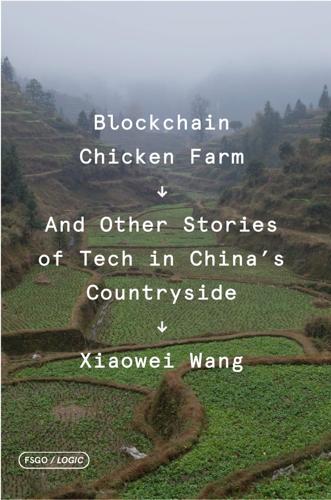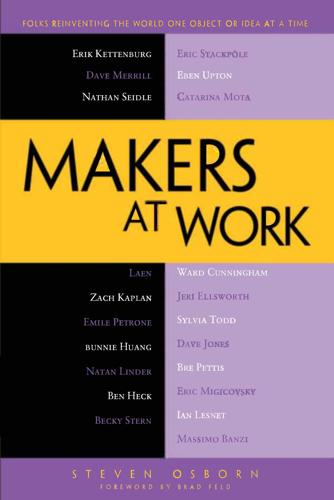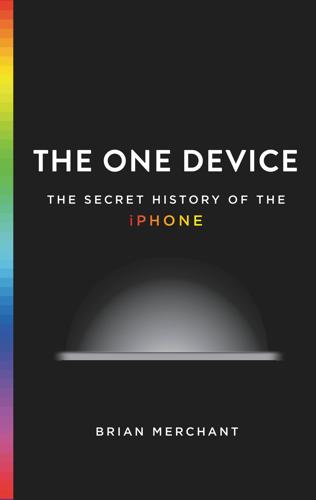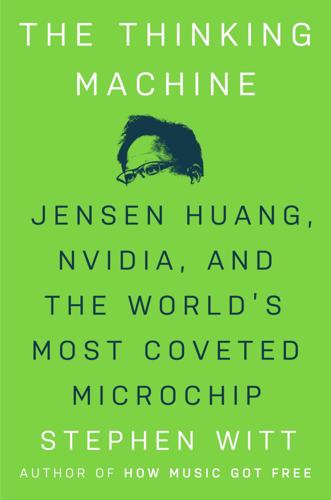
Blockchain Chicken Farm: And Other Stories of Tech in China's Countryside
by
Xiaowei Wang
Published 12 Oct 2020
She anticipates a world of computer vision algorithms on video platforms that increase rankings based on the content of the video, with platforms placing “attractive women” first in search results. Naomi wants to show up first. In an ideal universe, she says, she would have a shop at Huaqiangbei, the famed electronics market of Shenzhen, known as “the market of the future.” She would sell body parts, just like computer cases. Want a better arm? Ask her. A different set of eyes? She’s got the hookup. Sitting with Naomi in the Shenzhen Open Innovation Lab, a makerspace full of soldering irons and electrical wires, there’s a clear irony.
…
From there, a wildly creative ecosystem appeared. New shanzhai is open source on hyperspeed, an unapologetic confrontation with Western ideas of intellectual property. The designers and engineers of new shanzhai products build on each other’s work, co-opting, repurposing, and remixing in a decentralized way. At Huaqiangbei electronics market, where Naomi wants her body-parts stall, companies compete and cooperate with one another in a fast-paced dance. Wandering through the stalls of the market, you’ll find everything imaginable for sale, and many things you never imagined: holograph generators, 3D printers, karaoke mics with speakers built in, laser cutters, simple cell phones with modular, replaceable parts that require little equipment to open and repair (the opposite of an iPhone).
…
Not missing a beat, he peers at me. “I mean, you could use some pearl powder. It’s good for your skin, it unclogs pores and whitens you up. You could really, really use some pearl powder.” 3. Zhuji is proud of its status as a pearl city, and it even includes the Angel’s Tears Pearl Museum. Like Shenzhen’s Huaqiangbei for electronics, Zhuji’s pearl market is a dizzying array of stalls and booths. The pearl market is filled with the loud noises of yelling and bargaining, bright fluorescent lights, and pearls everywhere. Handbags made of pearls, pearl necklaces, pearls by the ton. A global crowd frequents this market, buying pearls in bulk and then reselling them back in their respective countries.

Makers at Work: Folks Reinventing the World One Object or Idea at a Time
by
Steven Osborn
Published 17 Sep 2013
Along the way, I realized that there are big electronics wholesale markets all over the world. It’s not just in Shenzhen, China. You can find them anywhere manufacturing was a big industry. In Tokyo, you have Akihabara, which was a big market when Japan was a big manufacturing powerhouse. Then you can go to Seoul, South Korea. There’s a neighborhood called Cheonggyecheon with a ton of wholesale distributors with little offices that sell components and microchips. Korea of course is also a big manufacturing hub. But nowhere is bigger than China. Huaqiangbei, a neighborhood in Shenzhen, China, is probably the world’s largest electronics wholesale market.
…
So I think that you are going to see more and more really amazing Chinese engineers just because they have access to it. People going to the Shenzhen universities, they can roll down to Huaqiangbei and pick up a soldering iron when they need to. They don’t have to delay three days for shipping. They don’t have to deal with whatever crappy option Radio Shack has in stock. Osborn: Or wait for weeks to get a PCB made. Is there anything else besides the availability of parts that makes the environment in China unique? Lesnet: One of the things that I think is so amazing about Huaqiangbei that I don’t hear anyone talk about is that the whole cycle of electronics life happens here. You can get the little tiny components that you use to build stuff—resistors, capacitors, connectors, and chips.
…
Lesnet: I’m making the “sounds of Huaqiangbei” record. I don’t know how you can capture it in a book, but I can give you an MP3. There’s that sound, and there’s also—they do this tax receipt thing. It’s called a fapiao and it’s a tax receipt from the government. There’s a little scratch part on it, and you scratch it off and it tells you if you won a prize. The goal is to get people to pay their taxes by giving them a prize for issuing a receipt. Osborn: A lottery ticket on your receipts? Lesnet: Yeah, but there are dozens of people at every subway station and all throughout Huaqiangbei that sell false tax receipts.

The One Device: The Secret History of the iPhone
by
Brian Merchant
Published 19 Jun 2017
Chips, circuit boards, sensors, casings, cameras, even raw plastics and metals—it’s all here. And if you want to prototype a new product, Shenzhen’s Huaqiangbei electronics market is the place to come. I’d heard that you could build a whole iPhone from scratch there, and I wanted to try. Huaqiangbei is a bustling downtown bazaar: crowded streets, neon lights, sidewalk vendors, and chain smokers. My fixer Wang and I wander into SEG Electronics Plaza, a series of gadget markets surrounding a towering ten-story Best-Buy-on-acid on Huaqiangbei Road. Drones whir, high-end gaming consoles flash, and customers inspect cases of chips. Someone bumbles by on a Hoverboard.
…
That’s about fifty dollars. And it’d work? “Of course,” he says. I ask if I can record the process, take some photos and video. He calls me crazy, and then, with a hint of trepidation, says sure. He’ll throw in a SIM card. Deal, I say. Without warning, he stands up and takes off. He’s cruising—out to the street onto Huaqiangbei Market Road, below an underpass, up across the street, past an upscale-looking McDonald’s, down a side street, and into a giant shop space, the insides of which look like an iPhone factory has thrown up all over itself. In downtown Shenzhen, a couple blocks from the famed electronics market, this smoky four-story building the size of a suburban minimall is an emporium for refurbished, reused, and black-market iPhones.

The Thinking Machine: Jensen Huang, Nvidia, and the World's Most Coveted Microchip
by
Stephen Witt
Published 8 Apr 2025

Brilliant, Crazy, Cocky: How the Top 1% of Entrepreneurs Profit From Global Chaos
by
Sarah Lacy
Published 6 Jan 2011